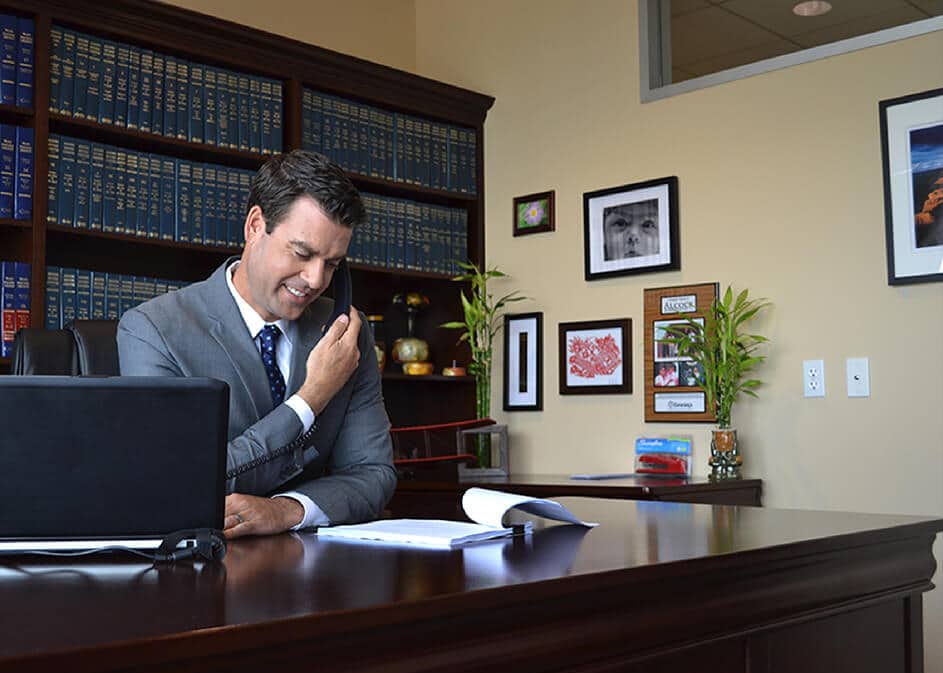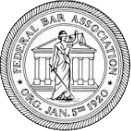Citizens and Criminal Defense Lawyers Mount Challenges to Red Light Ticket Cameras
Posted by: Attorney Nick Alcock, Phoenix Arizona DUI and Criminal Lawyer
In more than 500 cities and towns in 25 states, silent sentries keep watch over intersections, snapping photos and shooting video of drivers who run red lights. The cameras are on the job in metropolises like Houston and Chicago and in small towns like Selmer, Tenn., population 4,700, where a single camera setup monitors traffic at the intersection of U.S. Highway 64 and Mulberry Avenue.
One of the places is Los Angeles, where, if the Police Commission gets its way, the red light cameras will have to come down in a few weeks. That puts the nation’s second-largest city at the leading edge of an anti-camera movement that appears to have been gaining traction across the country in recent weeks.
A City Council committee is considering whether to continue the city’s camera contract over the objections of the commission, which voted unanimously to remove the camera system, which shoots video of cars running red lights at 32 of the city’s thousands of intersections. The private Arizona company that installed the cameras and runs the program mails off $446 tickets to their registered owners.
The company’s contract will expire at the end of July if the council can’t reach a final agreement to renew it.
Opponents of the cameras often argue that they are really just revenue engines for struggling cities and towns, silently dinging motorists for mostly minor infractions. And while guidelines issued by the National Highway Traffic Safety Administration say revenue is an invalid justification for the use of the eyes in the sky (see box at right), camera-generated citations do spin off a lot of money in many cities — the nearly 400 cameras in Chicago, for example, generated more than $64 million in 2009, the last year for which complete figures were available.
Los Angeles hasn’t been so lucky.
The city gets only a third of the revenue generated by camera citations, many of which go unpaid anyway because judges refuse to enforce them, the city controller’s office reported last year. It found in an audit that if you add it all up, operating the cameras has cost $1 million to $1.5 million a year more than they’ve generated in fines, even as “the program has not been able to document conclusively an increase in public safety.”
Federal camera guidelines
The Federal Highway Traffic Safety Administration says red light cameras and other automated traffic controls should:
• Reduce the frequency of violations.
• Maximize safety improvements with the most efficient use of resources.
• Maximize public awareness and approval.
• Maximize perceived likelihood that violators will be caught.
• Enhance the capabilities of traffic law enforcement and supplement, rather than replace, traffic stops by officers.
• Emphasize deterrence rather than punishment.
• Emphasize safety rather than revenue generation.
• Maintain program transparency by educating the public about program operations and be prepared to explain and justify decisions that affect program operations.
Another common refrain from critics is that the devices replace a human officer’s judgment and discretion with the cold, unforgiving algorithms of a machine.
“You’ve got to treat people fairly,” said Jay Beeber, executive director of Safer Streets LA, who has led the campaign to kill the city’s red light cameras. “You have to give people a fighting chance that you’re not going to penalize them for a minor lapse of judgment.”
Paul Kubosh, a lawyer who has led a similar anti-camera fight in Houston, called the camera systems “a scam on the public,” because they “are writing tickets that police officers don’t write.”
There’s a fierce court battle going on in Houston, the nation’s fourth-largest city, after a U.S. district judge this week ruled that a measure voters approved to shut down the city’s more than 70 cameras was invalid on procedural grounds.
Could hundreds of lives be saved?
More than a dozen large studies over the past decade have concluded that the cameras reduce accidents and injuries. The most recent, published in February by the Insurance Institute for Highway Safety, crunched 10 years of federal traffic data for the 99 largest U.S. cities — 14 of which now deploy cameras — and calculated that had all 99 installed the devices, 815 lives would have been saved from 2004 through 2008.
“We still have thousands of people who die,” said Adrian Lund, the Insurance Institute’s president. “We look at where and how that’s happening, and one of the most dangerous (locations) is intersections.”
Citing reports like that, the U.S. Conference of Mayors, which coincidentally is headed by Los Angeles Mayor Antonio Villaraigosa, this week approved a resolution endorsing nationwide adoption of red light cameras.
And yet, in addition to the votes in Los Angeles and Houston:
- The Albuquerque, N.M., City Council voted this month to let residents vote on the future of the city’s 20 red light cameras in October. (City lawyers are still weighing whether the vote would have any official effect.)
- In May, a Missouri circuit judge issued a preliminary ruling saying the measure that authorized St. Louis’ 51 cameras was illegally enacted.
- Tennessee Gov. Bill Haslam said he would sign a bill the Legislature passed last month to limit — though not ban outright — localities’ use of cameras at intersections.
- The North Carolina Senate voted in April to ban cameras; the measure awaits House action.
- The Florida House passed a bill last month to ban red light cameras; the measure failed in the Senate.
- A Superior Court judge last week struck down the law that enacted use of cameras in Spokane, Wash., agreeing that citations generated by the cameras were invalid because they were not personally signed by a police officer.
Often, the cameras lead to fines — and depending on the jurisdiction, costly points on drivers’ records — for borderline infractions like failing to come to a complete stop before making a right turn. (That infraction makes up two-thirds of the citations issued at camera-monitored intersections in Los Angeles, even though it rarely leads to an accident, the controller’s audit reported.)
Other common complaints are that the automated citations violate due process and equal protection rights — often, there’s no officer to confront in court — and invade motorists’ privacy (see box at right).
Challenges to red light cameras
Besides questions about the reliability of safety research and the use of cameras as revenue generators, challenges to the devices have raised these issues:
• Due process and equal protection. Defendants have argued that enforcement is selective because not all violators receive tickets, that assuming the driver is also the owner shifts the burden of proof from prosecutors to defendants, that different punishments for tickets issued by a machine and by an officer violate the 14th Amendment, that delays in processing and sending out tickets violate due process protections and that warning signs are frequently unclear or incorrectly placed.
• Search and seizure. At least two lawsuits have argued that issuing a citation based on a photograph amounts to an unconstitutional seizure of the vehicle.
• Privacy. While some anti-camera advocates argue that the cameras are an invasion of privacy, no such challenges have been raised in court, according to research by Carlos Sun, a lawyer and engineering professor at the University of Missouri, who writes: “Driving is a regulated activity on public roads. By obtaining a license, a motorist agrees to abide by certain rules including, for example, to obey traffic signals.”
Leslie Blakey, executive director of the nonprofit Campaign to Stop Red Light Running, which advocates for red light cameras, said opponents have fought the devices since they started taking root about a decade ago. She broke the opposition down into two camps: “civil libertarians who resist the imposition of automated enforcement” and “people who got tickets and just don’t like it.”
Beeber, of Safer Streets LA, agreed that “as more people get tickets, they start getting mad about it,” saying: “You start doing that year after year after year and you start generating enough anger in the populace and it gets to the tipping point.”
What’s changed in the last couple of years, Blakey said, is the “ability of people to organize online and form communities and organize actions that are well-orchestrated” on sites like Facebook and Twitter.
“These things are becoming more and more useful to a small minority of people who want to mount an action against anything,” she said.
In response, Blakey’s group points to the Insurance Institute study and others like it that conclude the “red light cameras lead to significant decreases in intersection violations and crashes.”

REPRESENTATION YOU DESERVE
Here at Alcock and Associates our team and staff are dedicated to helping and representing YOU. The first step is to understand your case. We will take the time to get to know you and your legal situation so that we are best able to answer all of your questions. After your initial consultation with our attorneys, you will know what you are facing and what can happen to your case.
EVERY CONSULTATION IS COMPLETELY FREE AND COMPLETELY CONFIDENTIAL.
Top Rated Phoenix Attorneys






